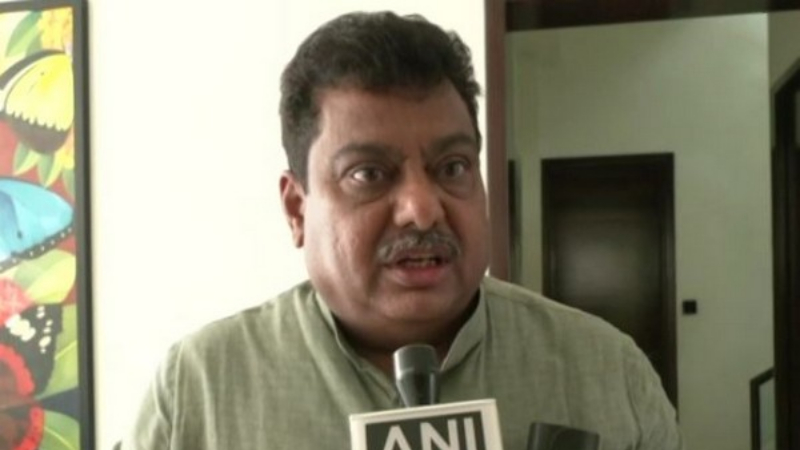BENGALURU: Amid the tussle between Karnataka and Tamil Nadu over Cauvery water, Karnataka Minister MB Patil on Tuesday expressed his opinion that only a distress formula based on practical facts would be effective in sharing Cauvery water between Karnataka and Tamil Nadu.
In response to questions from the media, he said, “I was also a water resources minister, and I am making this suggestion based on my experience in handling this ministry.”
“Currently, meeting the water release demands of the Tamil Nadu government seems impossible, and the Karnataka government is trying to communicate the harsh reality to Tamil Nadu”, he added.
He noted that the current situation lacks a mechanism to arrive at a decision during distress conditions such as drought. Therefore, experts from both states should collaborate to formulate a strategy suitable for such situations.
“In the past, Karnataka used to release 192 TMC (Thousand Million Cubic feet) of water annually. However, through legal proceedings, an additional 14 TMC of water was secured for our state, and this provided 4.5 TMC of water to Bengaluru. Even the proposal for the Mekedatu project came to the forefront due to this”, Patil said.
Patil said that the eminent advocate Nariman represented Karnataka in the past. Now, due to age-related issues, he is no longer able to offer his services. He also expressed confidence that the current advocate would effectively represent the case.
Earlier, the Supreme Court on Friday refrained from passing any order on the Tamil Nadu government’s plea on the release of Cauvery water, saying it doesn’t possess any expertise on this issue and seeking a report from the Cauvery Water Management Authority (CWMA) on the quantum of release made by Karnataka.
The Tamil Nadu government has approached the top court, seeking direction to Karnataka to release 24,000 cusecs of water daily from the reservoirs in Karnataka.
The Cauvery water issue has been a controversial issue between Karnataka and Tamil Nadu for decades, and they have been locked in a battle over the sharing of water from the Cauvery River, which is a major source of irrigation and drinking water for millions of people in the region. (ANI)

